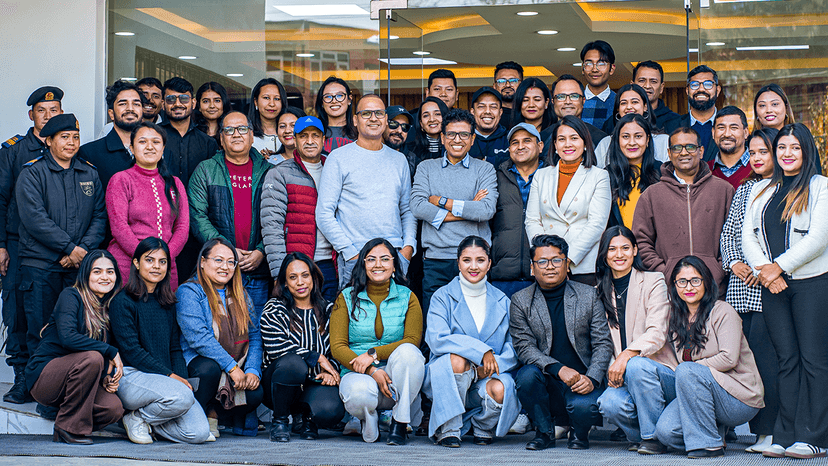Foreign Investment: An Option for Nepali Start-Ups
Overview
The Nepali startup ecosystem has experienced extensive growth over the past couple of years. Especially after COVID-19, the startup culture has been bound in Nepal. In the fiscal year 2020/21, despite the economic challenges possessed by the pandemic of COVID-19 Nepal recorded an impressive number of firms registered reaching 83,386 firms which compared to the last physical year of 2019/20 was an impressive increase from 48,854 previous registrations. Well, not all of these were startups in particular, but with the increase in the registration of new businesses and firms, came the growth of startups and entrepreneurship. Funding has always been one of the major problems for startups, and this is no exception for the startups of Nepal while local funding options, such as bootstrapping, bank loans, and investment from families and friends are viable. They often are sufficient for startups to grow and expand in the long run. Foreign investment can be a crucial funding option for Nepali startups. Nepali startups lag in attracting foreign investment, although a few, such as Fusemachines, have secured funding from abroad. However, the majority of startups in Nepal still face challenges in obtaining international financial backing.
Understanding foreign investments
Foreign investment involves capital flows from one country to another, granting foreign investors extensive ownership stakes in domestic companies and assets. Foreign investment in the context of Nepal is the flow of capital from investors or firms outside Nepal into Nepali startups. This investment could come in the form of equity, venture capital, angel investments, or even loans. Foreign investment is attractive because countries outside Nepal have bigger markets with more money available to invest. But it's not just about the money, foreign investors also bring experience, new ideas, and connections that can help Nepali startups grow and succeed globally. This support can be crucial in helping them expand beyond Nepal and thrive internationally.
Benefits
When a foreign investor comes in, they don’t just bring financial support, they also offer broader knowledge, global market experience, and valuable networks, all of which help startups grow and expand internationally. Foreign investors often provide technical expertise and guidance, which is especially important for Nepal as it works to better integrate technology. They can also guide and contribute to strategy, helping the startups to avoid common fallbacks and position themselves for a successful venture. Moreover, securing a foreign investment can also serve as a strong validation for startup potential especially in Nepal where few startups have international funding. This not only boosts the startup's credibility but also increases its appeal to both local and global investors, creating more opportunities and growth in the future.
Challenges
Foreign investment offers various benefits, but it is no exception that it also comes with some challenges, especially in the Nepalese market. Various hurdles can come along the way. Currency exchange fluctuations, deferring expectations, differing processes, and regulatory hurdles may come between foreign investment and local startups. Nepali startups should regulate and navigate these issues to maintain strong, mutually beneficial partnerships with foreign investors.
Conclusion
In conclusion, foreign investment presents a valuable opportunity for Nepali startups to overcome local funding limitations and gain access to global markets, expertise, and networks. While the benefits are clear, such as financial support, technical guidance, and credibility there are also challenges that must be carefully managed, including currency fluctuations, regulatory hurdles, and differing expectations. For Nepali startups, the key to success lies in skillfully navigating these challenges and fostering strong, mutually beneficial relationships with foreign investors. By doing so, they can unlock new opportunities for growth, innovation, and sustainability, ultimately positioning themselves for long-term success on the international stage.



